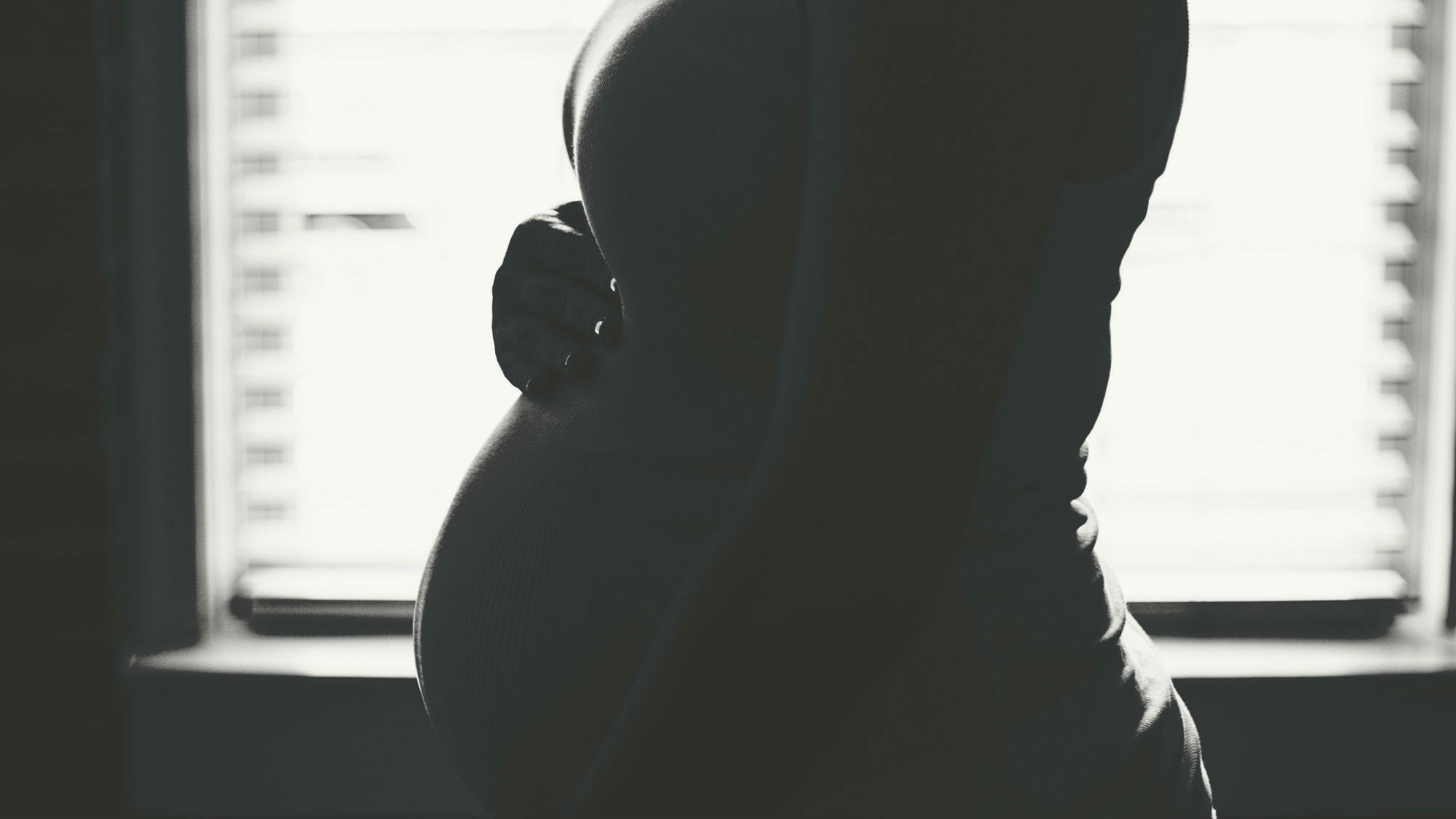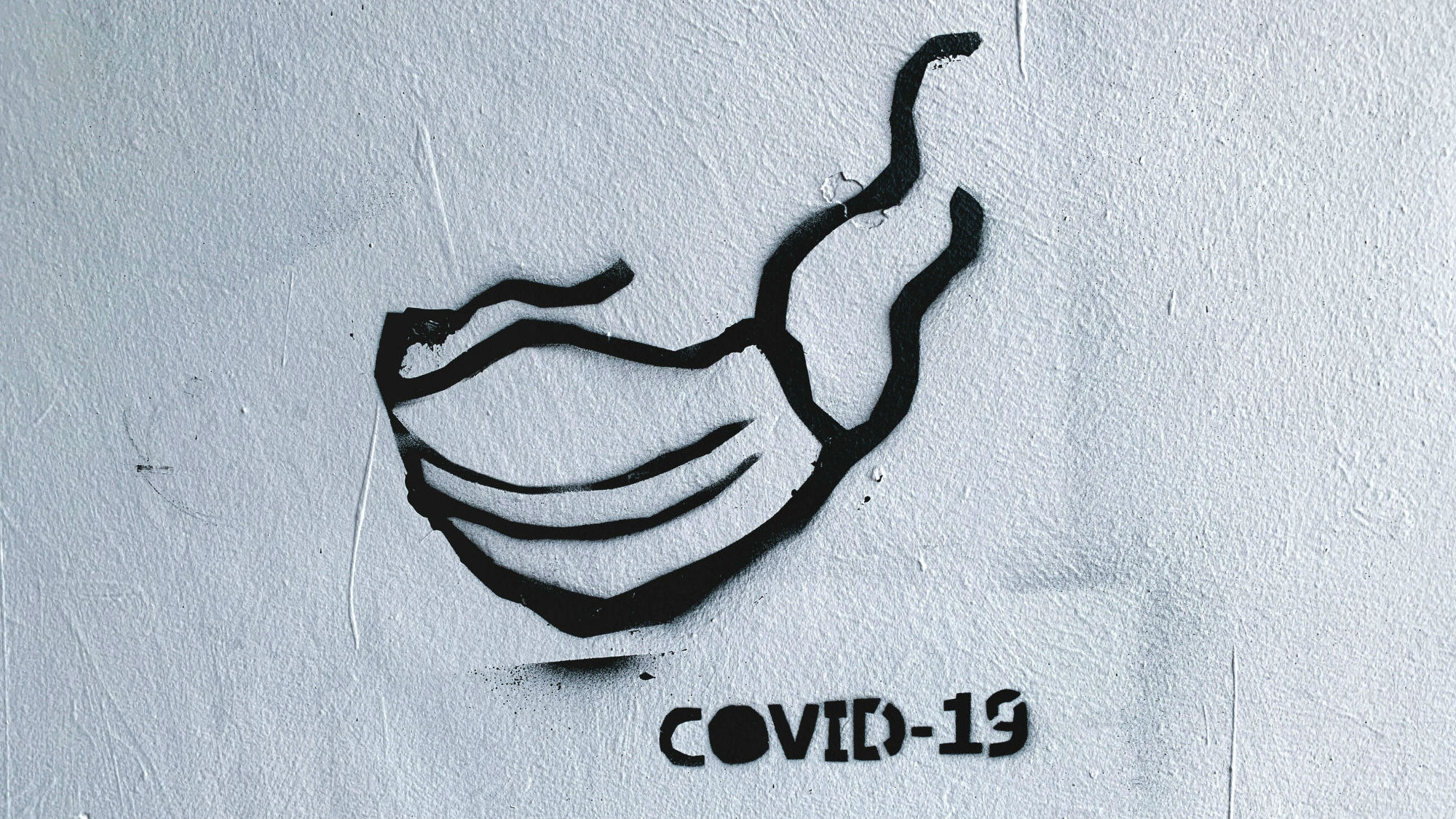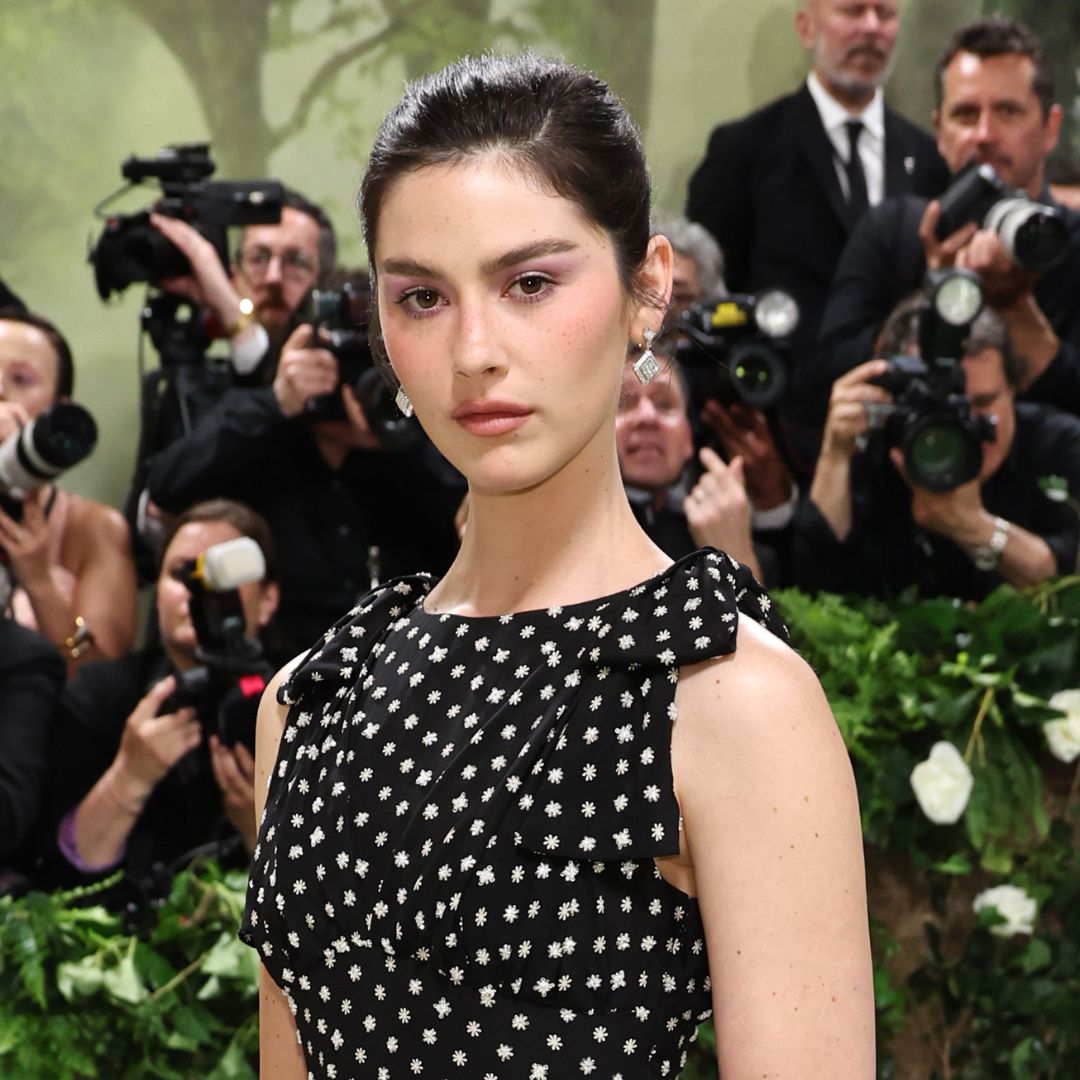Why pregnant women on lowest incomes are vulnerable during coronavirus
Poorer expectant mums are suffering financially due to an 'unfair' system

Poorer expectant mums are suffering financially due to an 'unfair' system
In reality, there is no perfectly convenient moment to give birth. Still, for women who are pregnant in the midst of the global Covid-19 pandemic, it is undoubtedly not the period of thime they would wish to be expecting in.
To make matters worse, pregnant women on the lowest incomes are vulnerable to gaps in covid-19 financial support, because an anomaly in the way Universal Credit - a form of payment supposed to women - differentiates between pregnant earners has created an unfair system.
Put simply, Universal Credit treats maternity allowance, which is paid to the lowest-earning women and those who are self-employed, as 'unearned income', which means it is deducted from their benefit payments. By contrast, statutory maternity pay, paid to higher-earning women by their employers, who claim it back, is treated as 'earnings', and is therefore largely ignored when their benefit payments are calculated.
April 29th is Maternal Health Awareness Day, and although there is no evidence that covid-19 is particularly harmful to expectant mums, pregnant women are classed as a vulnerable group and have been advised to self-isolate for twelve weeks along with elderly people and those with pre-existing conditions.
Last week, an alliance of 14 unions, women’s rights groups, charities and law firms wrote to Secretary of State for Foreign Affairs Dominic Raab, calling for urgent reforms to universal credit.
Their letter claims that 'the prime minister’s announcement on 16 March that pregnant women are classed as vulnerable led directly to many pregnant women being sent home on sick leave, in breach of existing health and safety law'.
Marie Claire Newsletter
Celebrity news, beauty, fashion advice, and fascinating features, delivered straight to your inbox!

Maternity Action, a charity that campaigns on behalf of pregnant mothers, says the system means some women on maternity allowance who apply for Universal Credit end up more than £4,100 worse off over 39 weeks of their paid maternity leave than women on statutory maternity pay.
Rosalind Bragg, Maternity Action’s director, told The Guardian, 'We do appreciate that the support schemes have been developed in difficult circumstances. However, it would take little effort to resolve the unfair treatment of maternity allowance in Universal Credit calculations… The financial cost to government would be extremely low, but it would make a massive difference to women and their families.'
Olivia – who rebranded as Liv a few years ago – is a freelance digital writer at Marie Claire UK. She recently swapped guaranteed sunshine and a tax-free salary in Dubai for London’s constant cloud and overpriced public transport. During her time in the Middle East, Olivia worked for international titles including Cosmopolitan, HELLO! and Grazia. She transitioned from celebrity weekly magazine new! in London, where she worked as the publication’s Fitness & Food editor. Unsurprisingly, she likes fitness and food, and also enjoys hoarding beauty products and recycling.


